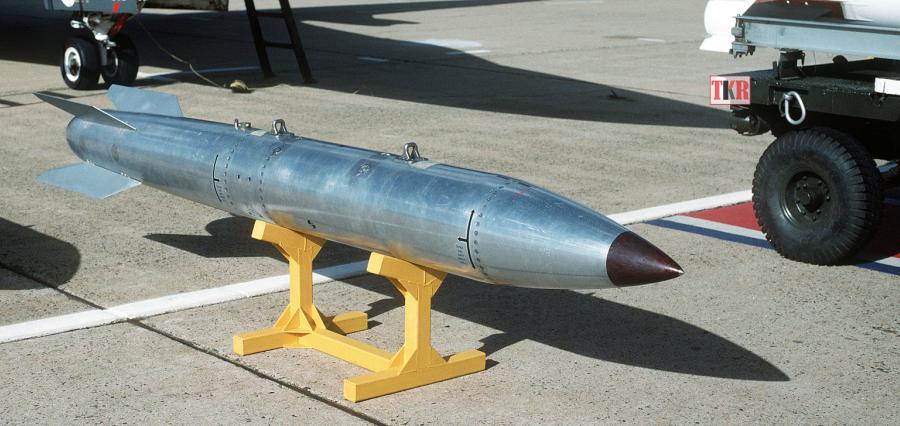According to the investigative site Bellingcat on Friday, U.S. personnel responsible with protecting nuclear weapons in Europe used popular education websites to produce flash cards, disclosing their specific positions and top-secret security processes.
The military produced digital flash card sets on applications like Chegg Prep, Quizlet, and Cram to acquaint themselves with topics like which bunkers in various places held “hot” vaults with live nuclear weapons, security patrol schedules, and identity badge data.
Foeke Postma, author of the Bellingcat article, wrote that by merely searching online for phrases publicly connected with nuclear weapons, Bellingcat was able to find cards used by military personnel stationed at all six European military facilities alleged to house nuclear devices.
The search uncovered a set of 70 flashcards titled “Study!” on Chegg that listed the exact locations of nuclear weapons shelters at the Netherlands’ Volkel Air Base.
One virtual flash card’s question side inquired, “How many WS3 vaults are there on Volkel ab?” Indicating to the military name for security and weapons storage systems. On the response side, it said “eleven (11).”
Five of the eleven vaults were “hot” with nuclear bombs, while six others were “cold,” according to another card from the same set, which also specified which vaults were “hot.”
A set of 80 cards on the Cram flashcard site outlined the hot and cold vaults at Aviano Air Base in Italy, as well as how a soldier should activate them depending on the different levels of warnings they get.
Other cards disclosed secrets at USA’s bases in Turkey, Belgium and Germany. Some disclosed the locations of surveillance cameras, while others revealed the secret “duress words” that a soldier, potentially kidnapped, would utter over the phone to signify he had been kidnapped.
Bellingcat discovered that the flashcards were publicly available as early as 2013, and that some of them were still being used in April 2021.
After contacting NATO and the US military for comment before publishing its piece, Bellingcat claimed those it had seen appeared to have been erased.









